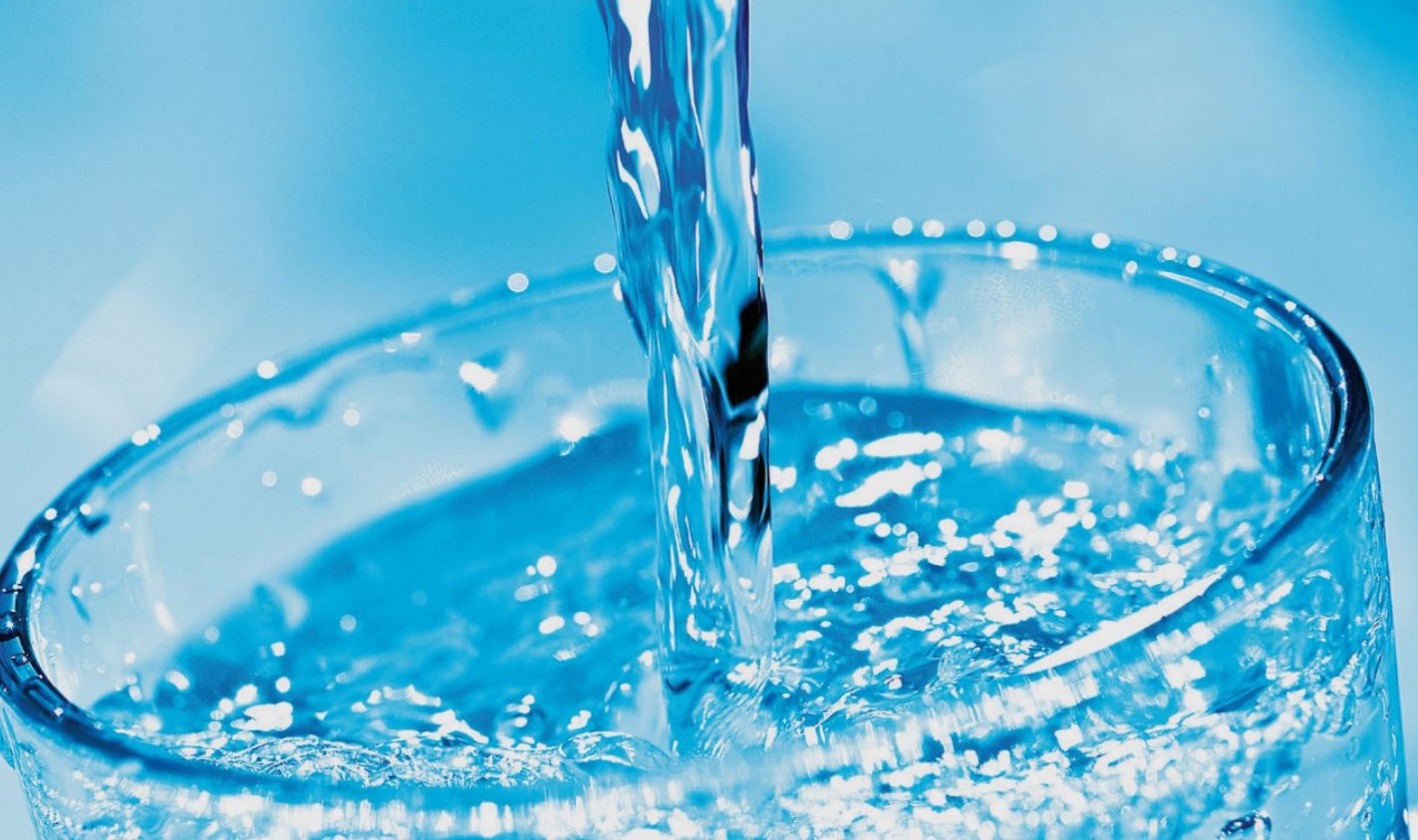How Smart Technology is Revolutionising the Management of Water and Wastewater Across Asia

Smart technology is transforming the water and wastewater management industry across the globe. IIOT and other intelligent technologies such as Edge Computing and real-time data are changing the game and the sector is on course for further disruption. This will mean big business opportunities for leaders in smart technology. Asia especially has always been an early adopter of innovation and now, its movements in this space could redefine its global position, potentially securing it as a top player.
The shift towards embracing smart technology has allowed more insightful data, high interconnectivity between systems and greater intelligence for decision-making. But it has also presented challenges for leaders. How can I adopt and deploy new technologies successfully? How do I collaborate with others in the industry to ensure my business is fully optimised for a higher digital performance? In our SmartWater series, we address this and much more. We start by taking a deeper dive to examine the current state of play of smart technology in water across Asia and what could that mean for the future?
When you think of a smart nation, it is hard to go past Singapore, and this extends to water and waste water management. With a history of innovation in water management, Singapore has been at the forefront of change for several years. The country’s limited space, 5.8 million people, challenges associated with storing rainwater and its vulnerability to flooding as a low-lying island have encouraged Singapore to be creative. This started back in 2000 with the NEWater project which was introduced commercially in 2003. In 2006 Singapore launched the Active, Beautiful, Clean (ABC) Waters program. The program is a strategic initiative which uses green infrastructure to improve the water quality and harness the full potential of waterbodies.
Singapore continues to showcase a forward-thinking mindset and more recently, has encouraged the used of smart technology into its water management plan. For example, an increasing number of water treatment plants have smart sensors installed at various points in the water system to collect data such as water quality, temperature changes, pressure changes and other kinds of information in places engineers otherwise could not reach. These real-time insights are invaluable, allowing greater productivity and efficiency.
With Singapore continuing to pave the way for the change in the region and set a precedent on multiple fronts, other nations are also showing a great amount of proactivity, especially in recent years.
Another leader in the area of water and wastewater management is South Korea. Through the government owned corporation K-Water, smart solutions for managing limited water resources have been employed to meet increasing demand in cities. K-Water’s technology monitors water levels and acts as a support system for utilities to better match supply to demand. It also uses statistical methods to predict water leakage and prevent water network damage, increasing the accuracy of the overall system.
South Korea has also developed a Hydro Intelligent Toolkit (known as K-HIT) to minimise the negative consequences of the regular water-related disasters it faces, such as extreme flooding and droughts. This ICT-led integrated water management system minimises flood damages by storing more water during the flood season and can prevent droughts by supplying stored water during the dry season.
In Myanmar’s second city of Mandalay, IOT has reduced the amount of water lost due to leaks by using a predictive maintenance system, eliminating the need for time consuming manual checking. Smart technology allows Mandalay’s water engineers to address these and other issues quickly, find a solution, and move on to the next task.
Other countries in Asia have a bit more catching up to do. However, the pace is picking up, with most governments committing at some level to investing in technology.
Smaller organisations are also doing their part in some of these countries, especially where basic clean water is less accessible.
In India, a smart technology start-up, Swajal, is producing clean systems to allow citizens access to affordable drinking water. Swajal created solar-powered, IOT based water purifiers for parts of rural India and urban slums where clean water and reliable electricity supplies aren’t available. In a country where access to clean drinking water is still a challenge for many, using smart technologies to solve such a significant problem is a huge step forward. Since beginning their work in 2014, they have won several awards recognising their innovation and leadership in the space.
Looking ahead to a Smart Water Management Future
Governments across Asia have been committing to smart technology over the last few years with high levels of success, working towards becoming true smart cities. And the water and wastewater management industry is no different.
One recent estimate from a global consultancy has predicted that we will see over 80 smart cities globally in the next five years, with APAC nations accounting for almost half of those. As the world looks to smart technology and innovation to tackle the issues of urbanisation, Asia will have a key role in ensuring a better future. Leaders from across the world will be looking to make investments in supporting the region and there will be great opportunities for leaders to drive collaboration and partnerships in Asia, especially in the water management sector that is beginning to see increased commitment and backing.
If leaders in the Asian region want to become top players in the digital transformation space while also solving one of the biggest threats to humanity, making use of smart technology in water management is surely the answer the world is waiting for. Don’ risk getting left behind.
Stratus is participating in the digital transformation dialogue on smart technologies at the up and coming Aveva World Summit in Singapore between the 16-18 Sep 2019, and then in October at the Malaysian International Water Convention with our partner Schneider. We look forward to sharing insights from both of these international events in the next few articles in our SmartWater Series.



